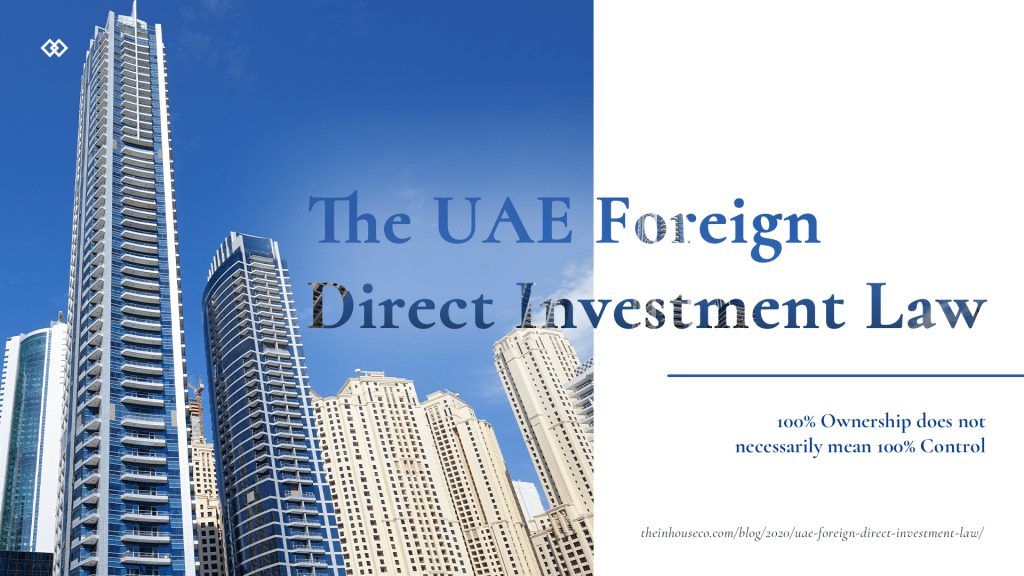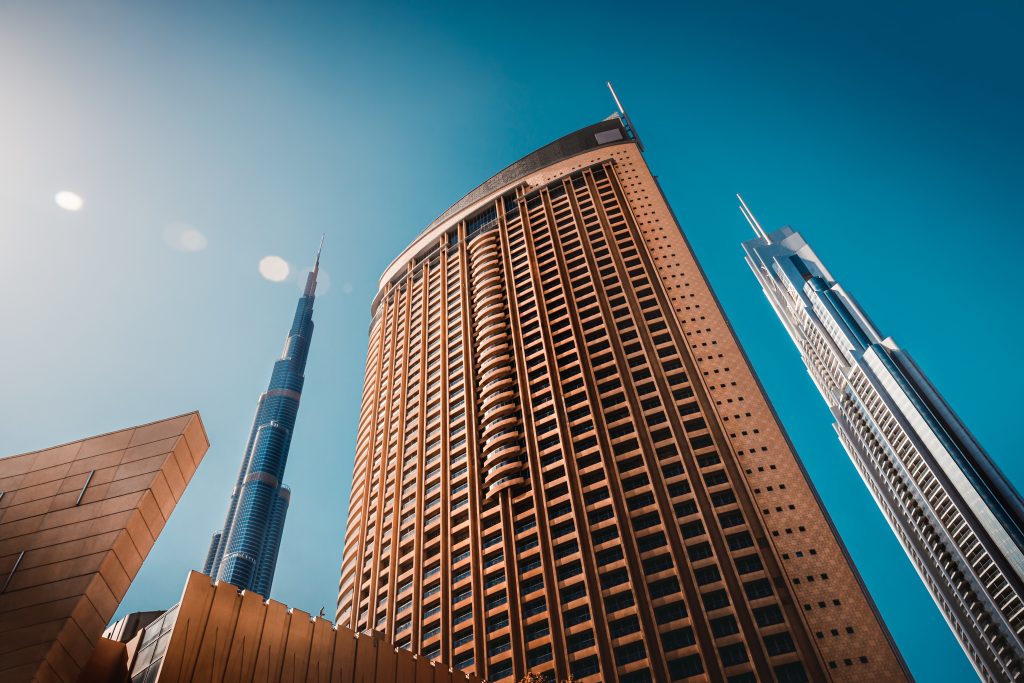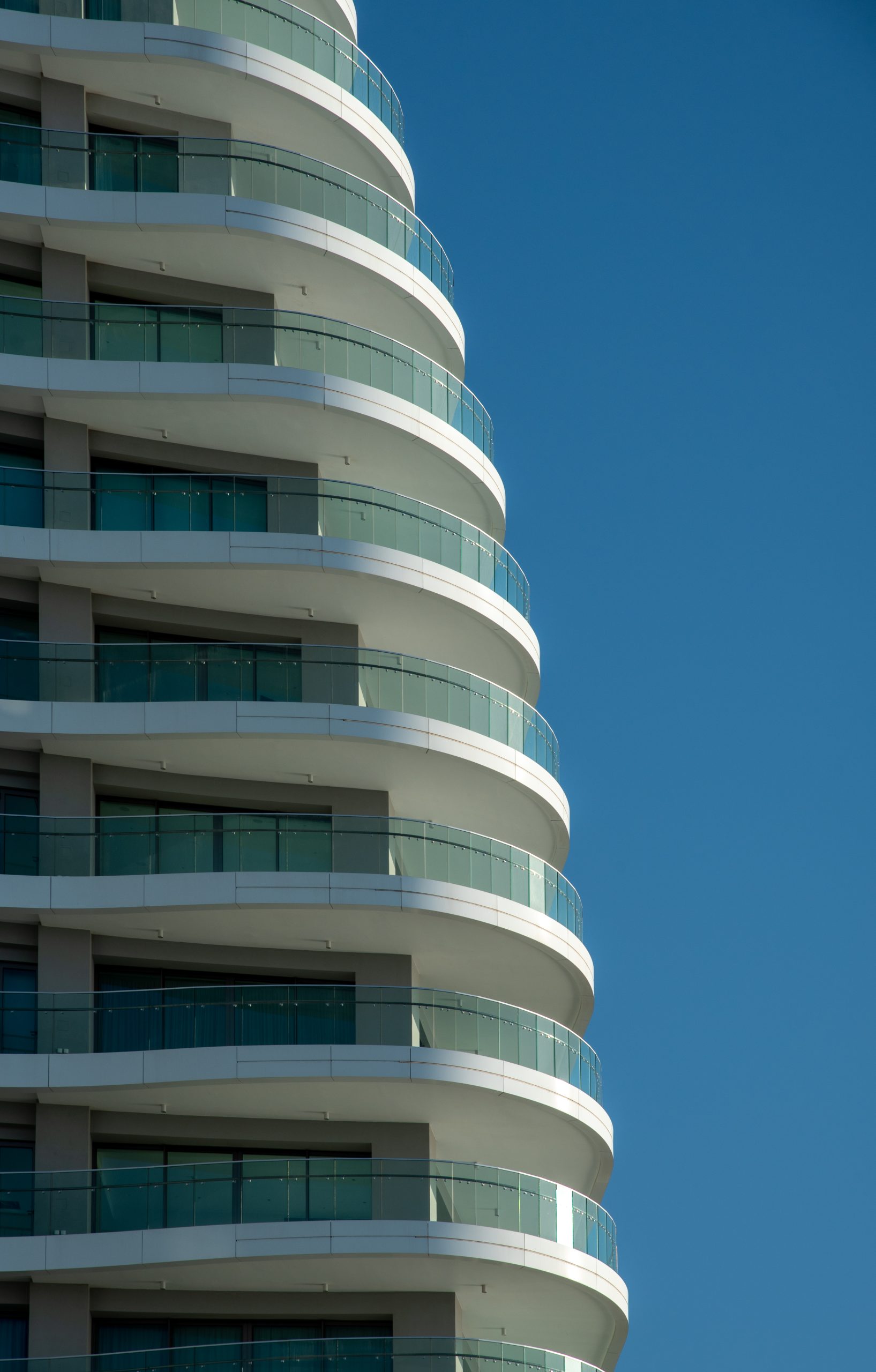100% Ownership does not necessarily mean 100% Control
Along the lines of its long term strategy of reducing reliance on oil income by attracting foreign investment and expanding the industrial and manufacturing sectors, among others, in September 2017, the UAE Government amended the Commercial Companies Law to permit increased foreign ownership of up to 100% in certain defined sectors and industries for mainland incorporated companies (LLCs, PJSCs and Sole Proprietorships). In March of this year, the UAE Foreign Direct Investment Law (the FDI Law) came into effect and has already been taken advantage of by certain global companies operating in the UAE who have been approved to acquire 100% of their shares in their UAE subsidiary without a need for a UAE national to hold 51% of the shares.
100% ownership has of course been available in the many UAE free zones but it is the lure of being able to extend the market reach to government contracts and projects with government bodies and companies which particularly poses the attraction (which is not possible for free zone companies without mainland branches or mainland presence). The larger players in the construction sector would most particularly gain from this as under the FDI Law they may only carry out activities on large scale infrastructure projects (such as airports, roads etc.) which are worth more than AED 450 million (projects of this size which would ordinarily be directed through the larger companies in any case) allowing them full control over operations and of course, more importantly, full pocketing of profits. Although, the trade-off here would be the threat of possible introduction of corporate income tax (ever looming since VAT was first introduced) which free zone companies are sheltered from and which may very well be a reality as it could serve as an aid to the colossal economic recovery effort need post Covid-19.
In light of these restrictions it would seem that 100% ownership of the business does not necessarily mean 100% control.
Due to the extensive minimum capital requirements (starting from AED 2 million up to AED 100 million in the industrial sector depending on the activity) and the fact that 20% will need to be deposited before the licence is issued, it seems the attraction can only lie in the eyes of MNCs (and not the SMEs) which at present are the real targets for the UAE in its bid to be the most appealing, investor friendly country in the region. Investor beware though, the minimum capital requirements are not the only financial inconvenience. The FDI Committee has been set the task to also ensure that each company compulsorily joins the Tawateen Partners Club, a government led initiative to entice companies with red carpet treatment if they increase the number of UAE National employees in the higher ranking designations. With this comes the issue of increased salaries and increased employee rights which UAE Nationals are entitled to and which may prove rather costly in the long run. Further requirements come in the form of compulsory investment in modern technologies and contributions to research and development, which although is not new territory to MNCs but which has always been conducted at their own discretion.
In light of these restrictions it would seem that 100% ownership of the business does not necessarily mean 100% control. As alluring as the FDI Law seems, the UAE Government will not so easily relinquish its control over businesses operating on its soil. The removal of a 51% UAE national partner is now replaced by a potentially significant increase in the number of higher ranking UAE national employees. Nevertheless, the introduction of the FDI Law has highlighted the UAE’s open willingness and ability to listen and adapt which, in the eyes of an MNC, is a prized quality and which is not enthusiastically exhibited in developed democratic nations.




















